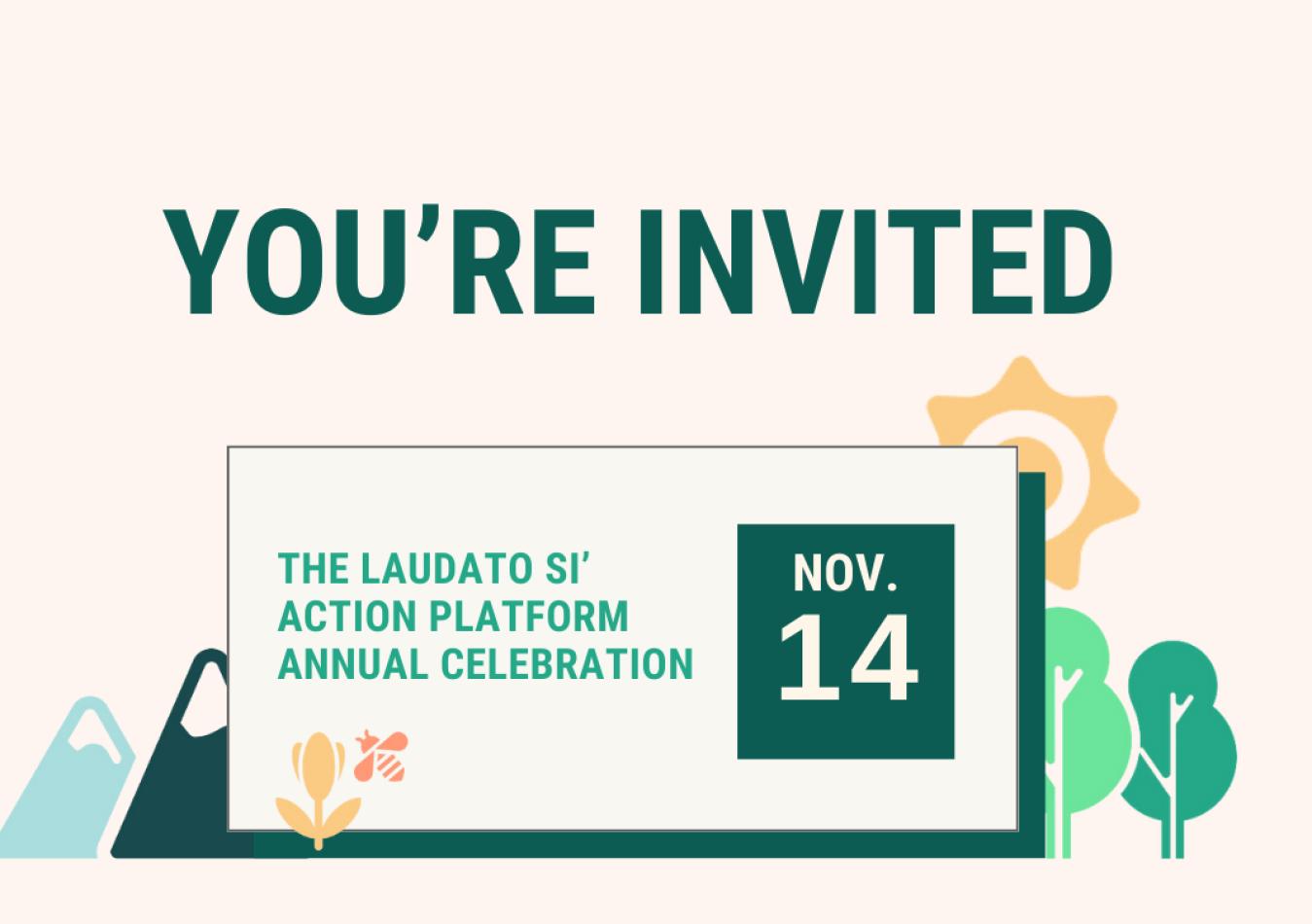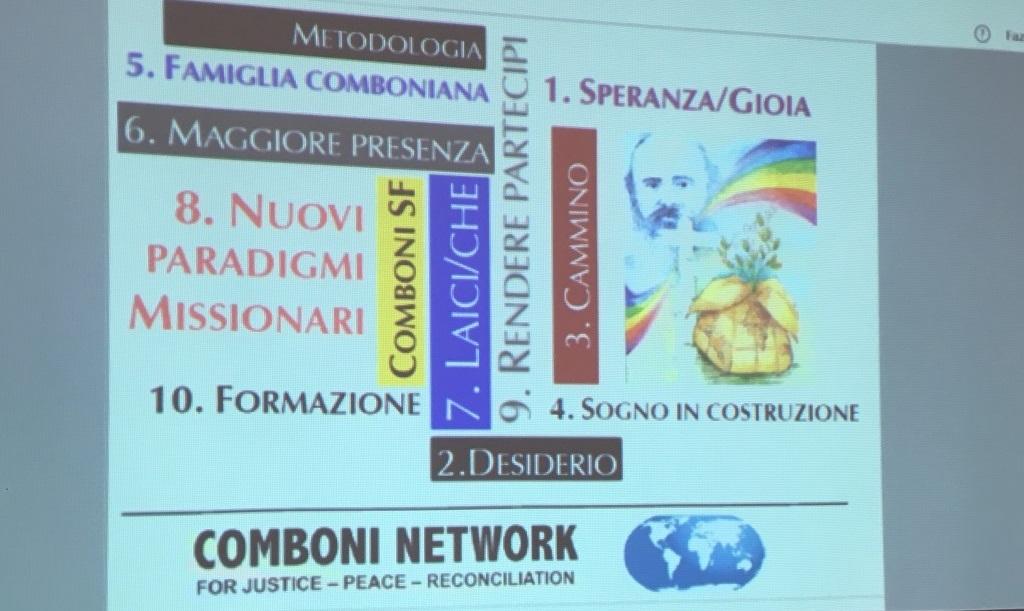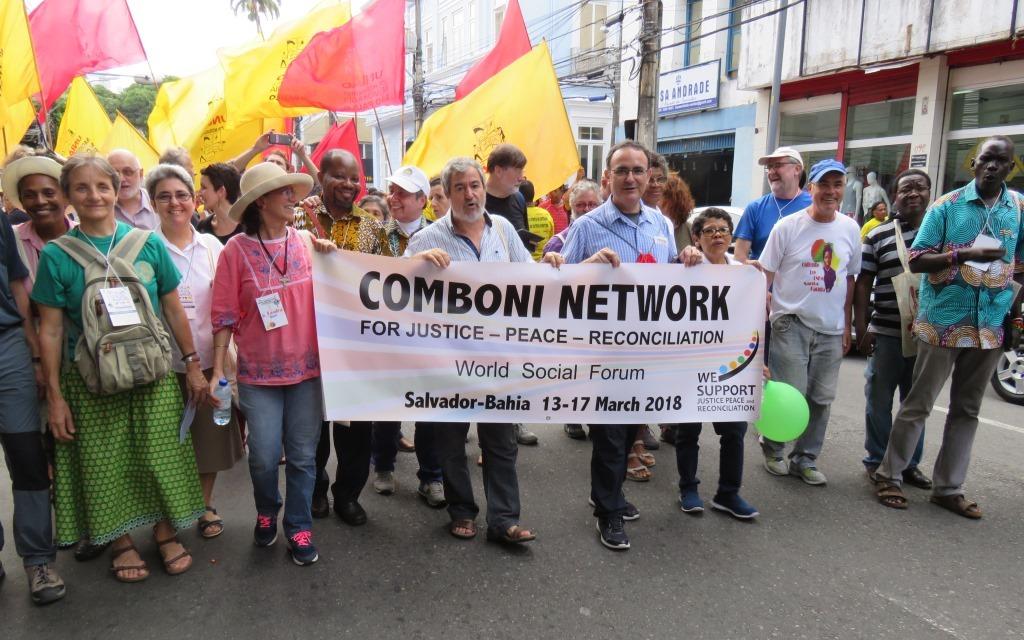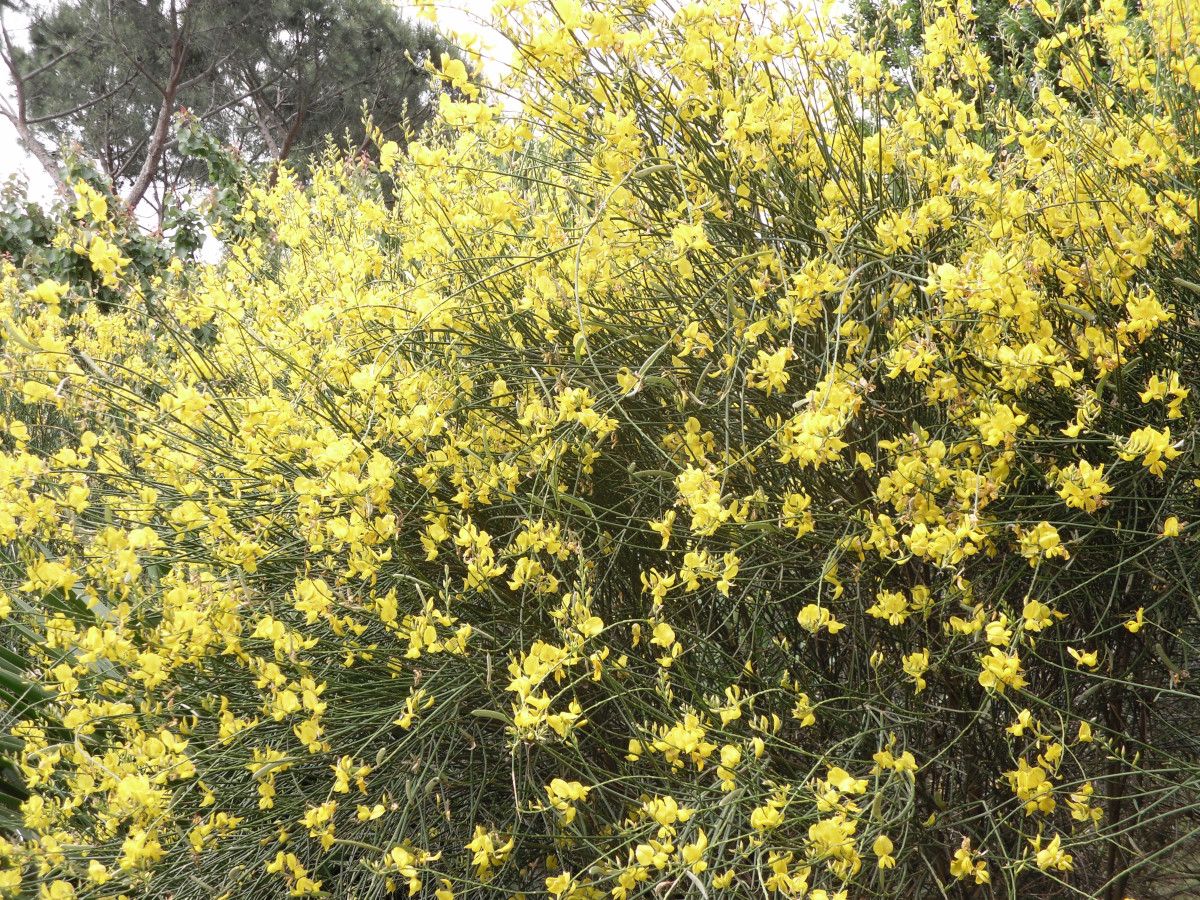Daniel Comboni
Comboni Missionaries
Institutional area
Other links
Newsletter
Tuesday, November 12, 2024
Let’s celebrate together – Thursday, 14th November 2024 – with the Laudato Si’ Action Platform network, their third annual celebration to honor the progress, reflect and pray for the people and the planet. This journey towards integral ecology has gather individuals from all over the world to connect and work together for our common home. Let’s accompany the LSAP team for a music, and prayer moment. [For more information, click here]
Join us for a global celebration marking the Laudato Si’ Action Platform’s third year of inspiring action for our common home. Highlights include a congratulatory message the Dicastery for Promoting Integral Human Development and testimonies from COP16 participants in Colombia, dioceses in Japan and the U.S. We’ll also have music, moments of prayer, and reflections from our team.
- Date: Thursday, November 14
- Time: 7:00 AM Mexico City; 8:00 AM New York; 1:00 PM London; 2:00 PM Rome; 4:00 PM Nairobi; 9:00 PM Manila
This celebration brings together leaders, partners, and advocates from across the world to recognize the incredible work achieved for the environment this year. Be part of this special event to reflect, connect, and celebrate the collective action toward caring for our planet. Register now to join us and share in this global event!
Register for the celebration here
Afterward, continue the celebration with participants around the world to reflect on our achievements from 2024 and set intentions for 2025: Join our 40-minute celebration discussion.
Remember, this celebration is not only about the Laudato Si’ Action Platform, but also about honoring your efforts over the past year. We come together in celebration. We come together for our common home.
Ecological Research Center (CREAF)
We thank God for scientists working to sustain nature and humanity. In 2016, Marc Gracia of the Ecological Research Center (CREAF) transformed an abandoned farm into a laboratory for regenerative agriculture — a practice that restores soil health to produce food sustainably and reduce dependence on petroleum. Regenerative agriculture nurtures the vast ecosystem within soil, filled with microorganisms, fungi, roots, earthworms, and insects, which collectively work and absorb CO₂ and retain water like a sponge. This method avoids plowing, pesticides, and harmful chemicals, instead enriching soil through natural fertilizers from forest branches and strategic grazing, which mimics the natural movements of herbivores. By allowing soil time to recover, photosynthesis and carbon absorption increase, potentially reducing annual CO₂ emissions if even a fraction of organic material rises in farmlands. May we support these efforts to heal the earth and feed our world with care and respect for creation.





